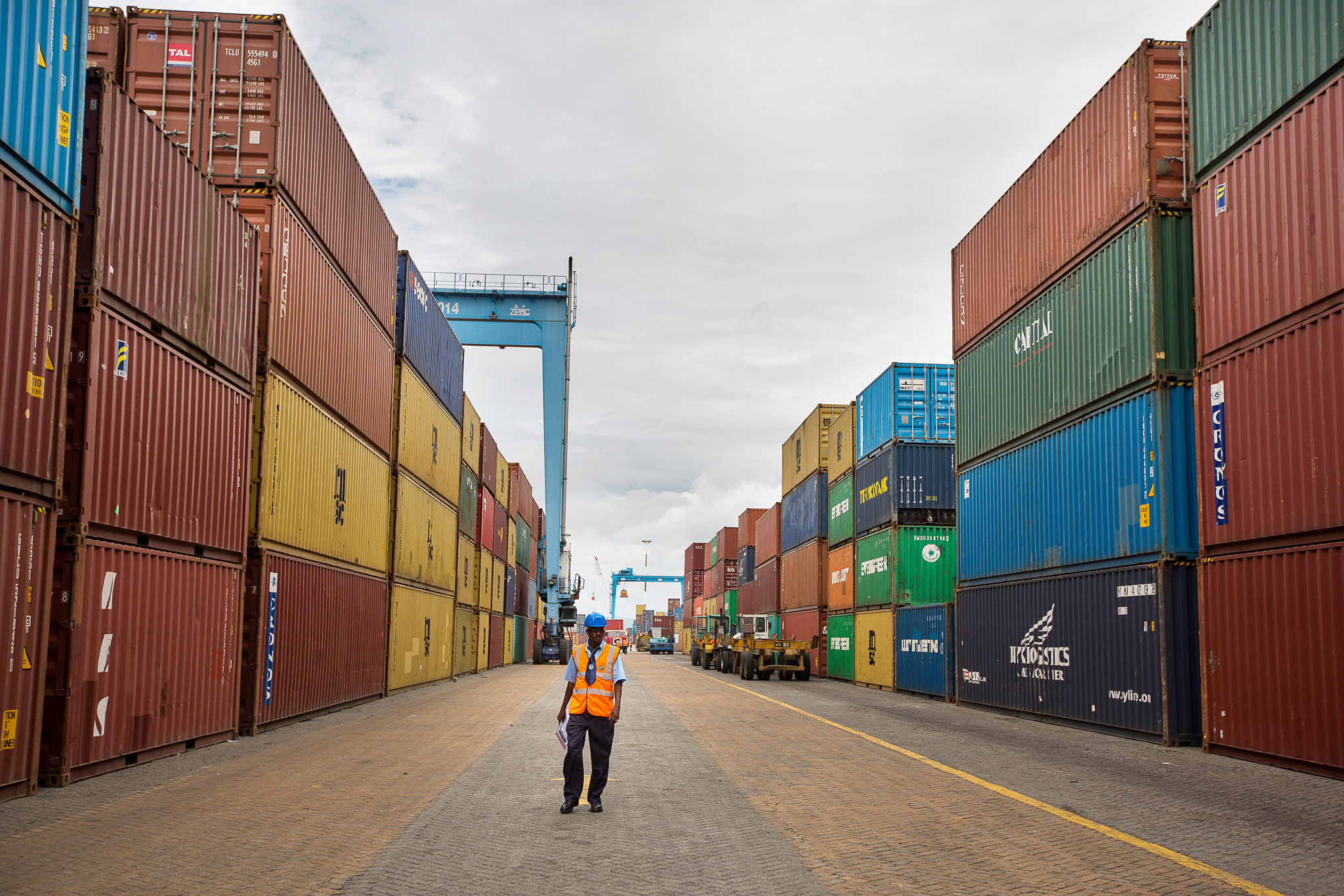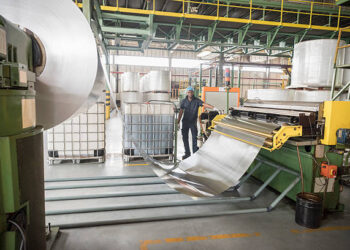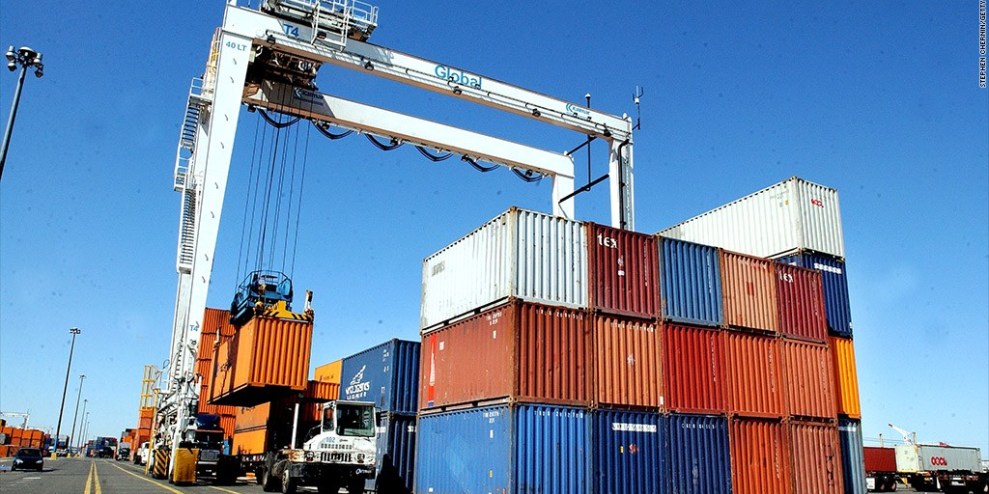According to a Punch news report, the Federal Government said it will begin steps towards creating a separate and special foreign exchange window for exporting manufacturers. This is in response to a plea by the manufacturers asking the Federal Government to support the sector by allowing operators to access forex through a special window to be created by the Central Bank of Nigeria.
This, according to the manufacturers, will put an end to a situation where operators go to the parallel market to source forex. The manufacturers noted that other countries like South Africa were already embracing such proposal as a means of encouraging manufacturing activities. In his response, the Minister for Industry, Trade and Investment, Mr Adeniyi Adebayo said his ministry would initiate steps towards helping exporting manufacturers cushion the impact of the current forex crisis.
While we note that the minister’s comment was neither a guarantee, nor was the proposal made by the Central Bank of Nigeria, we are concerned that the current multiplicity of foreign exchange window is already a big challenge to foreign exchange stability. Currently, the CBN maintains the official window, the MSME window, Secondary Market Intervention Sales (SMIS) window and the I&E window. These multiple windows have created huge arbitrage opportunity as the I&E window closed at N441.83/US$ as at October 14, 2022 while the parallel market closed at N744/US$ implying c.N300/US$ in arbitrage opportunity.
Beyond the multiple exchange window, foreign exchange illiquidity continues to mount downward pressure on the Naira against the greenback as demand significantly outweighs supply. The CBN has stopped the twice weekly sale to FPIs for about three months now while also owing banks a large amount of dollars sold to banks and yet to be supplied. Based on our rough estimate of CBN FX supply to the multiple windows, the apex bank supplies about 6.0x more dollars than what is currently being remitted by the NNPC to CBN. We note that FX illiquidity will persist as foreign exchange inflows remain constrained by the dwindling crude oil production since crude oil constitutes c.80% of the nation’s forex earnings. More so, the persistent illiquidity coupled with the 118% debt service to revenue are disincentives to foreign capital inflows.
Looking ahead, we see no respite. The CBN is facing a real shortage of dollars. Demand simply exceeds supply by a wide margin. With the parallel market above.N700/US$, many individuals and businesses who earn dollars, are keeping their dollars for future use and even those who earn in Naira are converting a large quantum of their earnings to dollars. This, coupled with the almost non-existent FPI inflows, which was a major source of dollars for the economy previously, makes the situation dire. The high number of people relocating to the UK and Canada, taking advantage of current visa laws has increased the demand for Invisibles in the form of school fees and upkeep. The only respite are remittances, estimated at about US$20 billion annually.






















